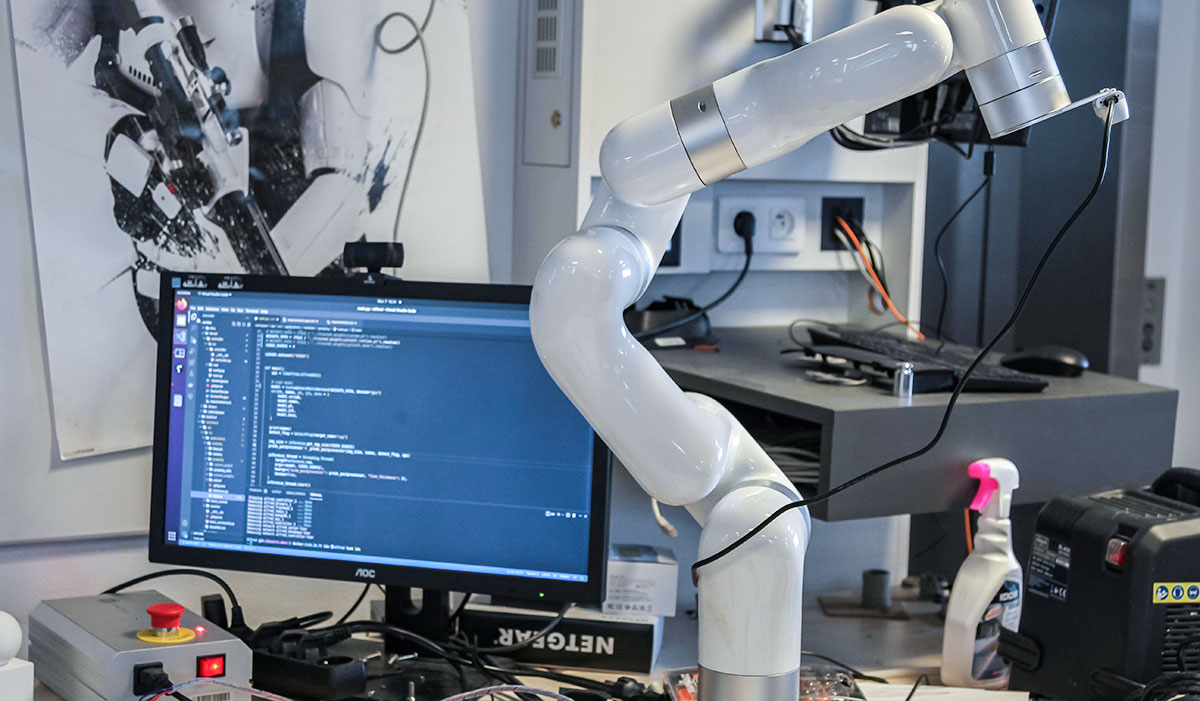All facets of businesses and various industries are being revolutionized by digital change, including people as well as processes. But it’s the adequate and optimal use of technology that can empower decision-making, new opportunities for cross-functional cooperation and upskilling, and enhanced talent acquisition and retention.
The ongoing pressure to perform and generate results is great despite the reality that digital transformations are known to be difficult to scale across industry networks of manufacturing, leaving us with a big question of: is Industry 4.0 still relevant?
Let’s Recap
Industry 4.0 refers to the total digitization of the value chain through the integration of data processing technologies, intelligent software, and sensors, from suppliers to customers to anticipate, control, plan, and manufacture in a way that creates more value for the entire chain. And despite the current obstacles it’s facing, these are still notable benefits of Industry 4.0 that will ease people’s lives while also facilitating business operations; however, will it always be the case?
The Common Oppositions Threatening Industry 4.0
Scaling digital transformations is not an equal transition for all industries and for some, it comes at a cost.
Inability to Change
Also known as failure to adapt and lack of flexibility. Employing a one-size-fits-all strategy denies businesses the chance to incorporate the customization and adaptability required to take advantage of the distinct conditions, cultures, and values of their industry.
Tech-Driven
Rather than value-driven. The deployment of digital solutions without a clear connection to real value opportunities, business difficulties, or competency requirements is known as a technology-first rollout. Leaders in the industry know what and who to put first without losing sight of what’s important and most important.
Data Security
Companies must prepare for both enterprise system vulnerabilities and machine-level operational vulnerabilities in order to address security risks and problems. Due to the fact that many rely on their technology and solution providers to identify vulnerabilities, businesses are not completely equipped to handle these security threats.
Is It the End For Industry 4.0?
Not exactly. Despite the obstacles aforementioned, it’s important to highlight some major opportunities brought forth by Industry 4.0. that will assist any business in becoming smarter and more effective in the next upcoming years:
- Optimizing processes to enhance productivity and staff morale.
- Real-time monitoring and collaborative improvements to workflow.
- Better environmental sustainability and working circumstances.
- Possibilities for personalization to win the modern consumer’s trust and loyalty.
With challenging times ahead, ESiLV students majoring in Industry 4.0 will be able to work for industrial enterprises of all sizes and in all sectors, both in France and abroad, on industrial maintenance service or production sites.
In collaboration with major industrial groups (Dassault Systemes, ArcelorMittal, Altran/Capgemini Engineering), ESILV has been conducting research and development projects on significant industry 4.0 themes for a number of years. These themes include using artificial intelligence for aerospace and automotive manufacturing, intelligent materials, additive manufacturing, and mastering 3D printing technologies.







